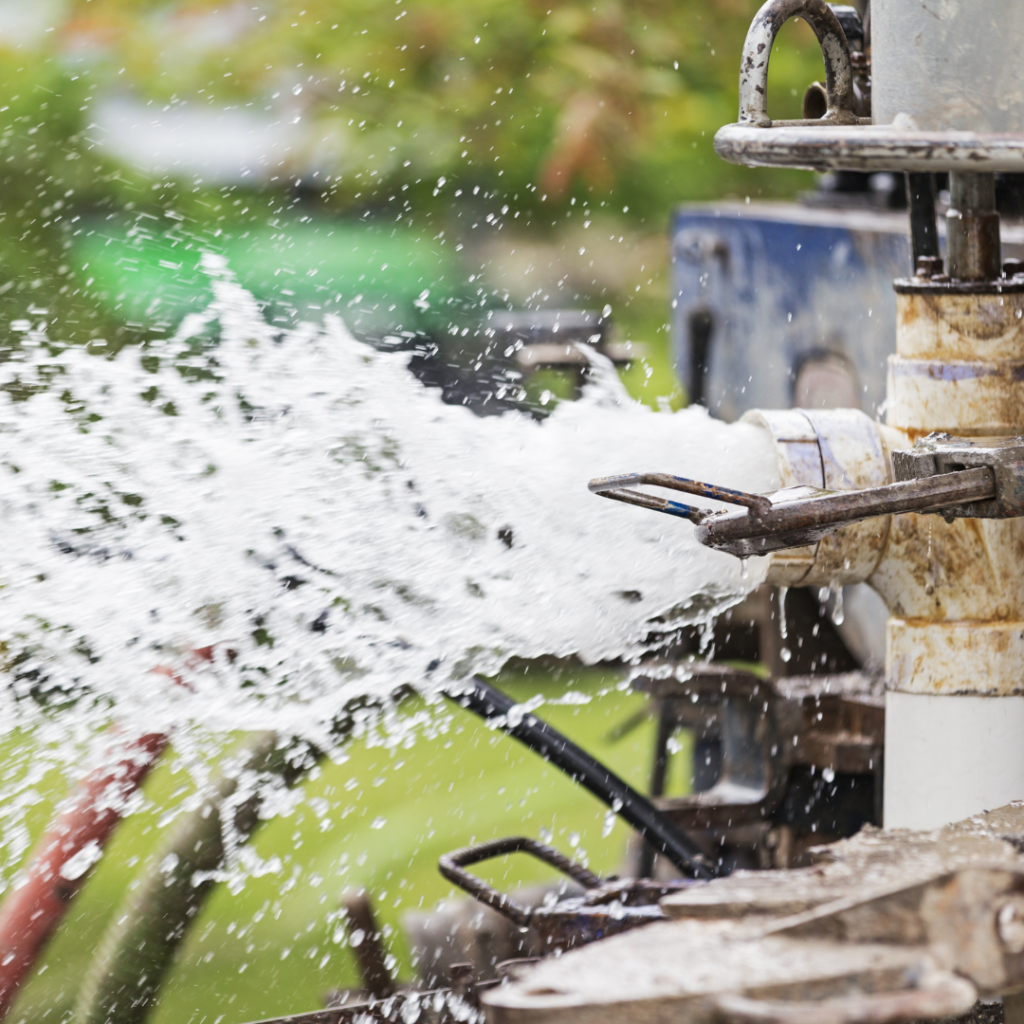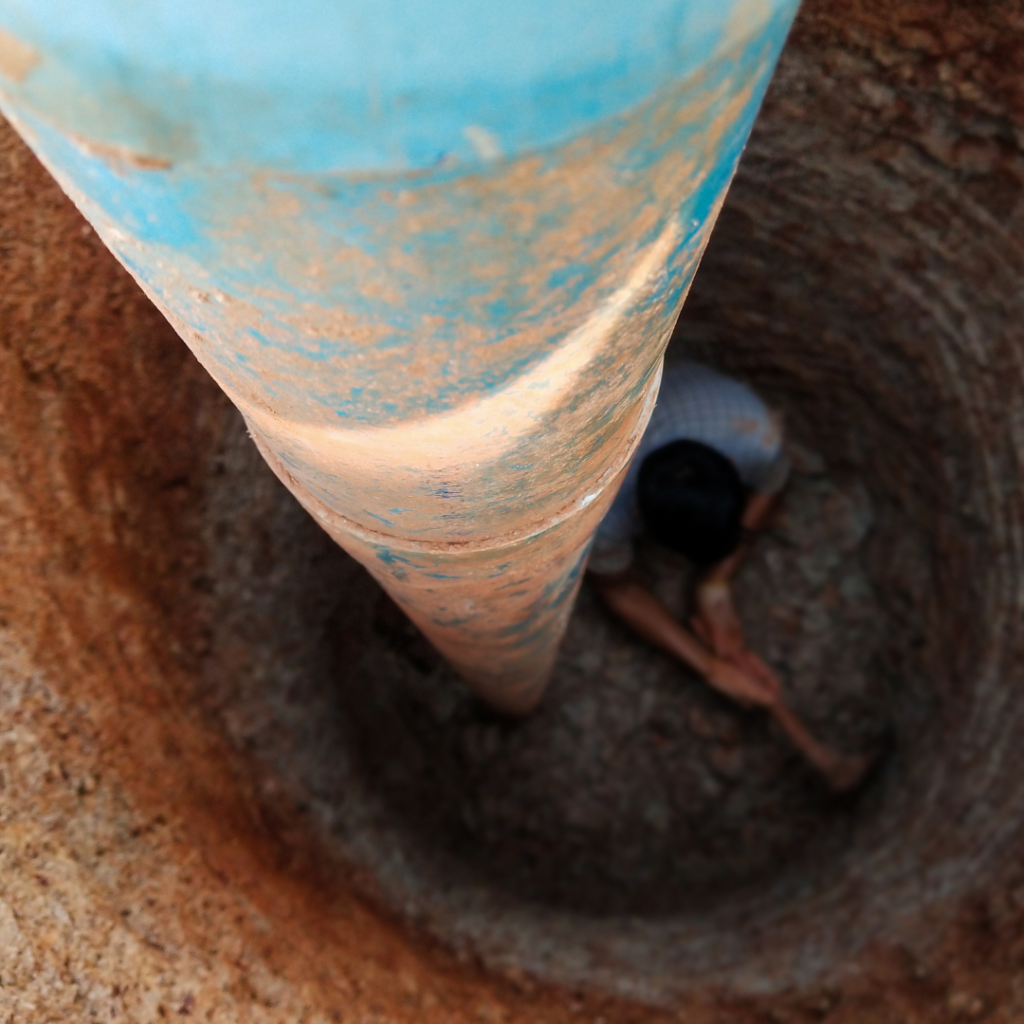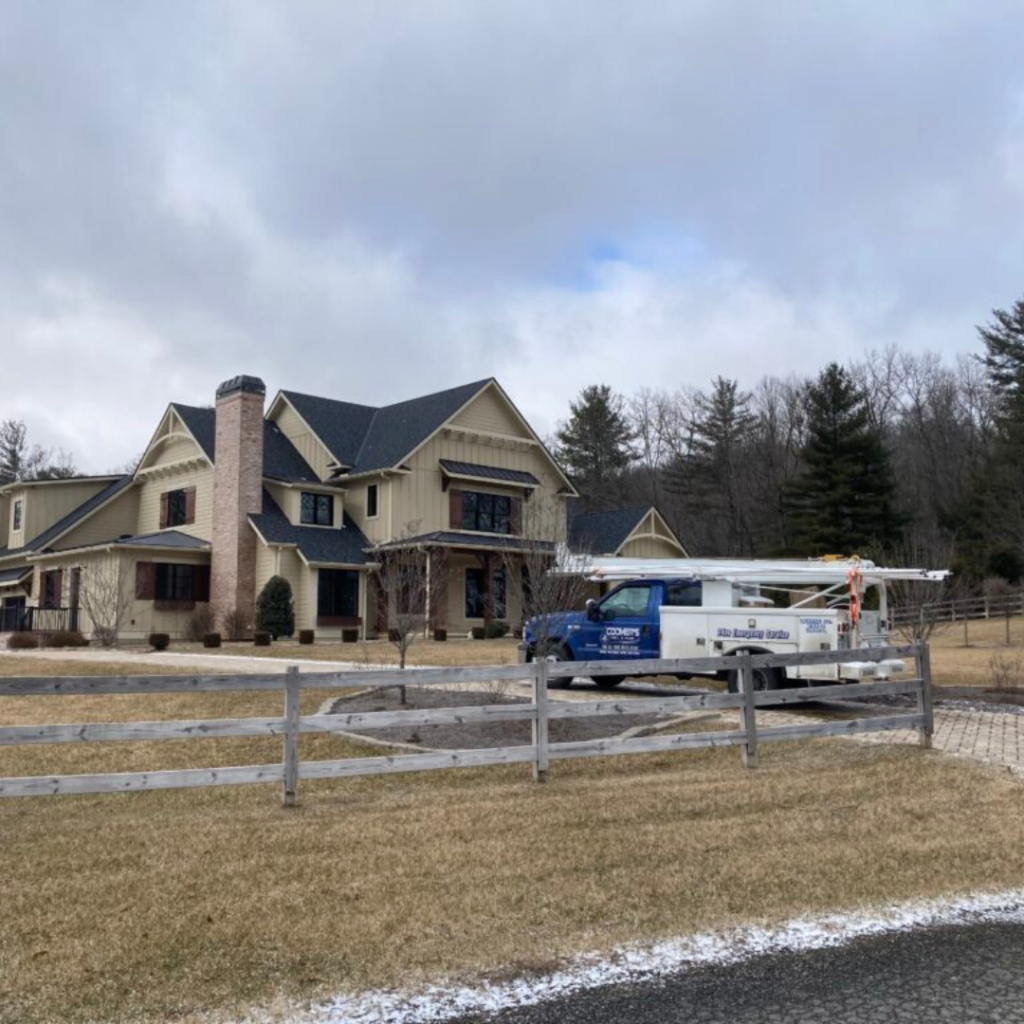For homeowners who rely on well systems to provide their water supply, regular maintenance is of utmost importance. Properly maintaining a well system ensures its functionality, longevity, and the quality of the water it produces. Neglecting maintenance can lead to issues such as water contamination, reduced performance, and costly repairs. In this guide, we will highlight the significance of regular well maintenance and provide homeowners with essential tips and guidance to keep their well systems in optimal condition.
A well system is a complex network of components, including the well itself, the pump, pressure tank, pipes, and electrical connections. Over time, these components can experience wear and tear, leading to decreased efficiency, water quality issues, or even system failures. Regular maintenance acts as a preventive measure, allowing homeowners to address minor issues before they escalate into major problems.
One of the primary benefits of regular maintenance is the preservation of water quality. Well water can be susceptible to contaminants from various sources, including natural factors, nearby activities, or aging infrastructure. By monitoring water quality and conducting regular tests, homeowners can identify any potential issues and take appropriate measures to maintain clean and safe drinking water.
In addition to water quality, regular maintenance ensures the optimal performance of the well system. Inspecting components, such as the well cap, casing, and electrical connections, helps identify signs of damage, corrosion, or wear. Timely repairs or replacements can then be carried out to ensure the smooth operation of the system and maintain consistent water pressure throughout the household.
By investing time and effort in regular maintenance, homeowners can significantly extend the lifespan of their well systems. Well-maintained systems are less likely to experience sudden breakdowns or major failures, reducing the need for costly repairs or complete system replacements. This not only saves money but also provides peace of mind, knowing that the water supply is reliable and uninterrupted.
Furthermore, regular maintenance contributes to overall cost savings. A well-maintained system operates more efficiently, reducing energy consumption and, consequently, lowering utility bills. By addressing minor issues before they escalate, homeowners can avoid expensive emergency repairs and ensure that their well systems operate at peak efficiency.
In this guide, we will delve into practical tips and advice for homeowners on how to properly maintain their well systems. From monitoring water quality to inspecting components and scheduling professional inspections, these proactive measures will help homeowners safeguard the functionality, longevity, and quality of their well systems. By implementing a regular maintenance routine, homeowners can enjoy a reliable and sustainable water supply for years to come.

Benefits of Regular Well Maintenance
Maintaining a well system is crucial for homeowners who rely on groundwater as their primary source of water. Regular maintenance not only helps ensure the functionality and efficiency of the well system but also extends its lifespan. In this article, we will delve into the significance of regular maintenance for well systems and explore the benefits it offers to homeowners.
- Preserving Water Quality: Regular maintenance allows homeowners to monitor and maintain the quality of the water obtained from their well. Through periodic testing, potential contaminants can be identified and addressed promptly, ensuring that the water remains safe for consumption. This is particularly important as water quality can be affected by various factors such as environmental changes, nearby construction, or aging well infrastructure.
- Ensuring Optimal Performance: Well systems consist of various components, including the pump, pressure tank, pipes, and electrical connections. Over time, these components may experience wear and tear, leading to decreased performance. Regular maintenance helps identify and address issues such as reduced water pressure, pump inefficiencies, or leaks. By promptly resolving these problems, homeowners can maintain consistent water flow and adequate pressure throughout their property.
- Extending the Lifespan of the Well System: Proactive maintenance significantly extends the lifespan of the well system. By addressing minor issues before they escalate into major problems, homeowners can avoid costly repairs or even premature well system replacement. Regular inspections and maintenance tasks, such as cleaning and lubricating the pump, flushing sediment from the well, and replacing worn-out parts, contribute to the overall longevity of the system.
- Preventing Emergency Situations: Neglected well systems are more prone to unexpected failures, which can disrupt the water supply to the household. Imagine being without water for an extended period due to a sudden breakdown. Regular maintenance helps identify potential issues before they escalate, reducing the risk of emergencies and ensuring uninterrupted access to water. It also allows homeowners to plan for contingencies, such as backup power options, to mitigate the impact of power outages on the well system.
- Cost Savings: Investing in regular maintenance proves cost-effective in the long run. Timely identification and repair of minor issues are typically less expensive compared to major repairs or complete system replacements. Moreover, well-maintained systems operate more efficiently, reducing energy consumption and lowering utility bills. By proactively maintaining their well systems, homeowners can avoid unexpected expenses and achieve long-term cost savings.
Regular maintenance for well systems is essential to preserve water quality, ensure optimal performance, extend the system’s lifespan, prevent emergencies, and achieve cost savings. By dedicating time and resources to proactive maintenance, homeowners can enjoy a reliable and efficient supply of clean water for years to come. Remember, when it comes to well systems, prevention through regular maintenance is always better than dealing with the consequences of neglect.

Tips and Advice
Proper maintenance is crucial for homeowners who rely on well systems to provide their water supply. By implementing a regular maintenance routine, homeowners can prevent potential issues, ensure optimal performance, and maintain the quality of their well water. In this article, we will provide practical tips and advice on how to effectively maintain well systems.
- Monitor Water Quality: Regularly testing the water quality is essential to ensure it remains safe for consumption. Here are some tips:
- Conduct annual comprehensive water tests through a certified laboratory to check for contaminants such as bacteria, nitrates, and other pollutants.
- Keep records of test results to identify any changes in water quality over time.
- Consider installing a water filtration system based on the specific contaminants found in your water test results.
- Inspect Well Components: Regular inspections of well components help identify potential issues early on. Follow these guidelines:
- Visually inspect the well cap or seal to ensure it is intact and free from damage or signs of tampering.
- Check the well casing for cracks, corrosion, or any signs of deterioration. Any issues should be addressed promptly.
- Inspect the electrical connections, pressure tank, pressure switch, and pressure gauge for proper functioning and signs of wear or damage.
- Regularly check for leaks in pipes, valves, and fittings. Repair or replace any damaged components as necessary.
- Maintain the Pump: The well pump plays a critical role in the system’s performance. Take these steps to ensure its longevity:
- Follow the manufacturer’s recommendations for pump maintenance, including cleaning and lubrication.
- Periodically check the pump motor for any unusual noises, vibrations, or overheating. Contact a professional if any issues arise.
- Inspect the pressure tank for waterlogged conditions, which may require draining or adjustment.
- Preventative Measures: Implementing preventive measures can help avoid common issues and extend the lifespan of the well system:
- Keep the area around the well clean and free from debris, chemicals, and potential contaminants.
- Install a protective cover or shield around the well to prevent physical damage.
- Regularly check the well’s vent and ensure it is free from obstructions to allow proper air circulation.
- Avoid using excessive amounts of water within a short period to prevent overworking the pump and promoting energy efficiency.
- Schedule Professional Inspections: While homeowners can perform basic maintenance tasks, professional inspections are essential to ensure comprehensive evaluations of the well system. Consider the following:
- Schedule a professional inspection at least once every 2-3 years or as recommended by experts.
- Hire a licensed well contractor to inspect and evaluate the well system’s performance, including water flow, pump efficiency, and overall condition.
- Professionals can also provide guidance on any necessary repairs or improvements based on their findings.
Regular maintenance is key to ensuring the longevity and optimal performance of well systems. By monitoring water quality, inspecting components, and scheduling professional inspections, homeowners can prevent potential problems, maintain water quality, and avoid costly repairs. Remember, a well-maintained system not only provides clean water but also peace of mind for you and your family’s health and well-being.

Conclusion
Regular well maintenance is not just a task to be overlooked; it is a crucial responsibility for homeowners who rely on well systems. By following a proactive maintenance routine, homeowners can reap a multitude of benefits. Regular monitoring of water quality ensures the safety and purity of the water consumed by the household. Inspecting well components helps identify potential issues early on, allowing for timely repairs and replacements. Scheduling professional inspections provides a comprehensive evaluation of the well system’s performance and can prevent major problems in the long run.
Proper well maintenance also extends the lifespan of the system, reducing the need for costly repairs or premature replacements. It ensures optimal functionality, providing consistent water flow and pressure throughout the property. Additionally, regular maintenance promotes energy efficiency, resulting in cost savings over time.
Taking the time to maintain your well system demonstrates a commitment to the health and well-being of your family. It safeguards against emergencies, ensuring uninterrupted access to clean water, even during power outages or unforeseen events. Moreover, a well-maintained system increases the value of your property and provides peace of mind, knowing that you are taking care of an essential resource.
Remember, regular well maintenance is a proactive investment that pays off in terms of water quality, system longevity, cost savings, and peace of mind. Make it a priority to implement a well-maintenance routine and consult with professionals when needed. By doing so, you can enjoy a reliable and efficient water supply for years to come.
